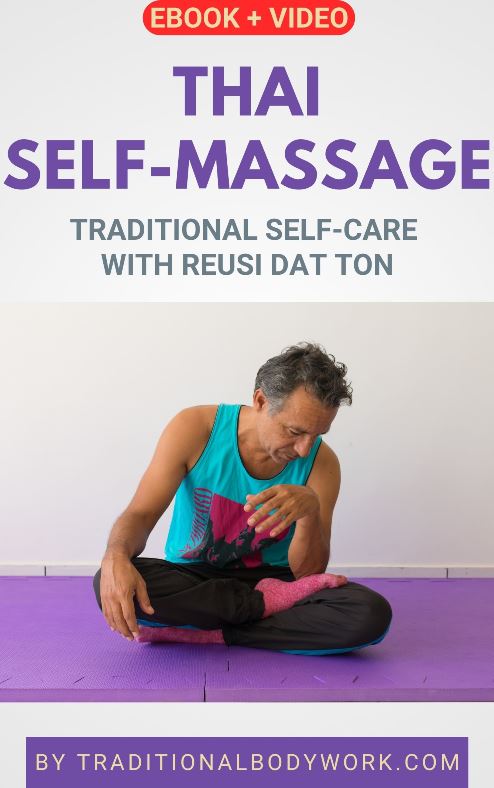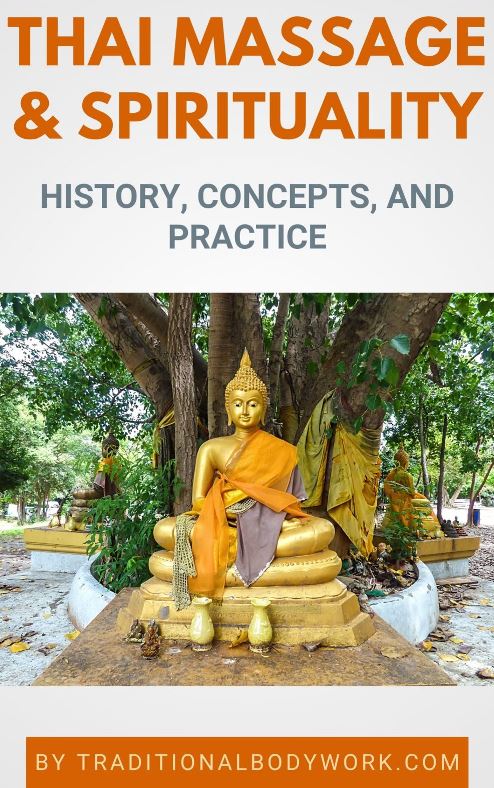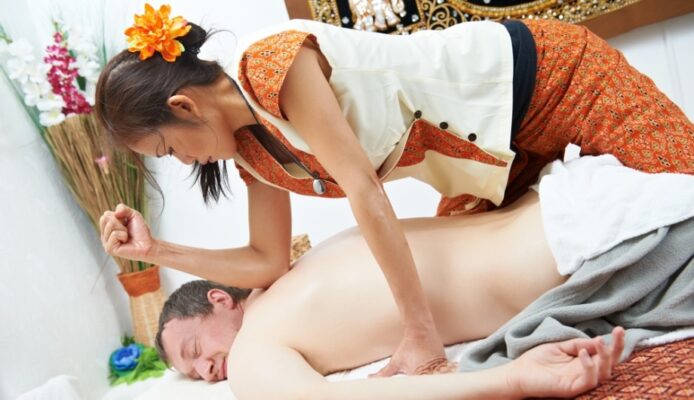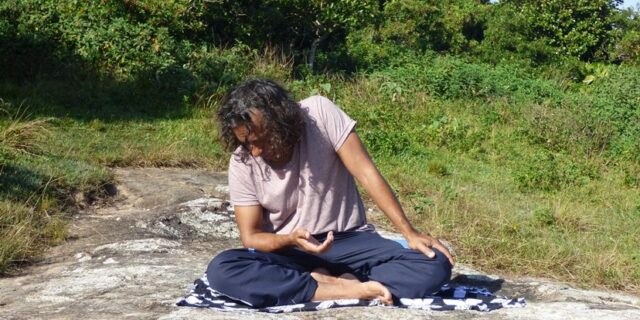
As a Thai Massage teacher you receive quite a diverse company of people in your classes. From young, older, old, men and women to bodywork professionals, office workers, unemployed, and who not.
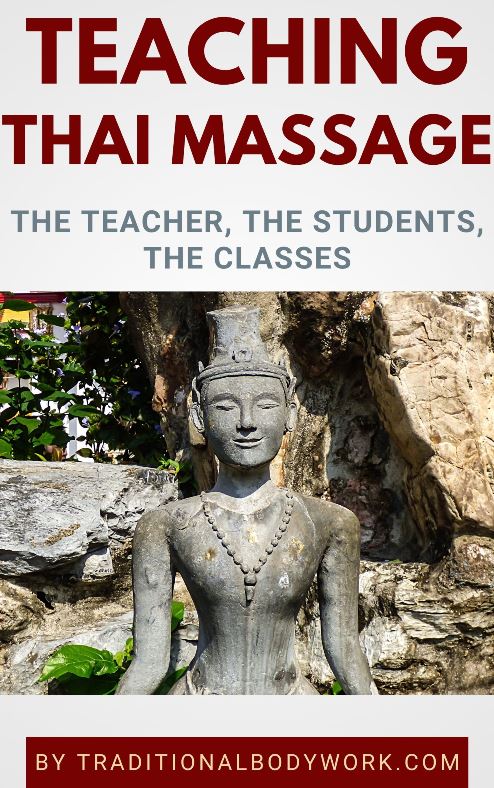
Some students are absolute beginners, others have already done Thai Massage training courses, some come for continuing education, others for a career change, or out of curiosity, or loneliness, or just for fun.
Also, some learn quickly, others need time, or will never learn, some “have it,” and some not, and for some the trainings are physically too demanding and then you have those who simply can’t get enough of the “acrobatics.”
A Thai Massage teacher needs to deal with all that, and more. Everybody is different, for instance, some students don’t like to be touched at certain places of their bodies, or don’t want to be massaged by a guy or a girl, some get over-emotional, or overenthusiastic, some barely say anything.
Moreover, Thai Massage is delicate, I mean, certain techniques can be outright dangerous for the receiver if not done well, and an instructor needs to be always on top of what the students do when practicing the moves and sequences on each other.
Then, you have all kind of personalities and characters, like humble, shy, excessive, quiet, boasters, talkers, braggers, spiritual, down-to-earth, ah well, you name it. And I’m not even talking of very difficult situations like sexual harassment (a student “over-touching” another one), religious constraints as for the Buddhist connotations in Thai Massage, or somebody getting physically hurt by another student, well, just to name some “challenging” situations.
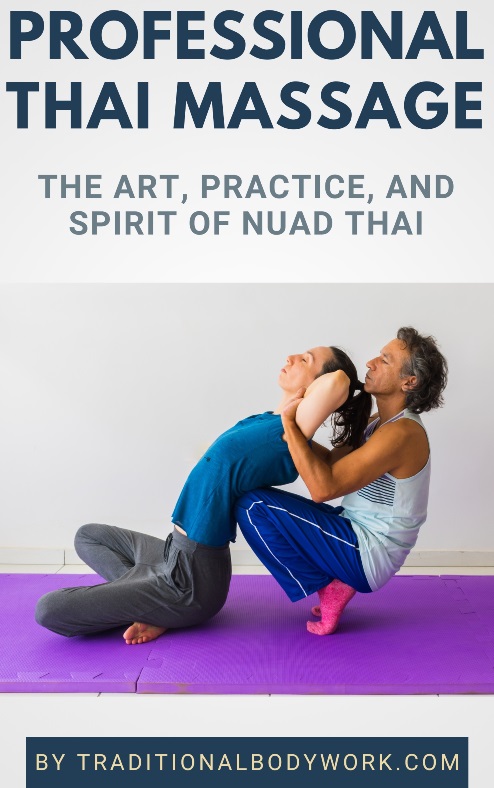
When you think you have seen it all, no, no, the next class will always bring a new surprise, a new situation. Dynamics and interaction within each new student group are always different, and sometimes things go nice and easy, and then again, at times you really need to oil the machine.
In time, with experience, a teacher will more quickly recognize certain “types,” or certain situations, and will be better able to become pro-active and/or wise in his or her ways of handling individual students or the group. But, it simply takes time to develop yourself as a “manager.”
Being a good Thai Massage teacher, in the sense of being knowledgeable and proficient in what you teach, is just one part of the game. Dealing with students, people, the human factor, is a whole other thing, and not everybody wants that side of the job or is even able to cope with it.
Personally, I was always exhausted after giving classes, especially those training courses that took five consecutive days, instead of only a weekend. Things got even more tiring when students stayed over at the training location when I gave retreats. In fact, I always needed at least two weeks for myself to recover energetically.

Giving lots of Thai Massage treatments sessions is tough, but so is teaching Thai Massage. Of course, it’s very rewarding when you have students who continue in Thai Massage, who really get enthusiastic and excited of the art, and I suppose, that’s why I kept on teaching.
Nevertheless, it’s perhaps just only one student out of a hundred, or perhaps one out of fifty (I really don’t know the exact statistics) who will pick it up, will really like Thai Massage and will become a Thai Massage professional or therapist. Most will never use Thai Massage, or perhaps at best, if they are already bodyworkers or therapists from other disciplines, will use some of the techniques in their practice.
It’s just how it is, and a teacher needs to accept that. You basically teach for this one student who now and again crosses your path and will seriously carry on the Thai Massage legacy.



